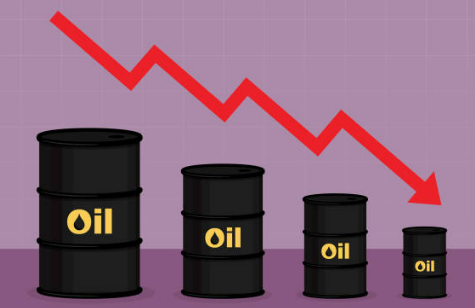
Haiden Holmes
Nov 07, 2022 14:10

In response to China's reaffirmation of its commitment to its economically disruptive zero-COVID policy in the face of its worst outbreak in over six months, oil prices dropped on Monday.
Officials from China's National Health Commission said over the weekend that the government will maintain its current policy for combatting COVID-19, which includes stringent movement restrictions and even lockdowns to limit the spread of the virus.
The decision dispels recent rumors of a possible modification in China's zero-COVID policy, which fueled a week-long increase in equity and commodity markets.
This year, China's zero-COVID policy froze economic activity, drastically cutting the country's oil demand as Shanghai and other important business cities prohibited travel.
Multiple areas have reinstated COVID restrictions in response to an increase in infections in the world's leading oil importer.
Fears of a Chinese demand slowdown weighed heavily on oil prices this year, pulling them down from the highs hit during the Russian invasion of Ukraine. On Monday evening, Chinese trade statistics will likely reflect an ongoing decline in oil imports.
In early Asian trade, Brent oil prices fell 1.2% from a two-month high to $97.60 per barrel, while West Texas Intermediate crude futures fell 1.3% to $91.47 per barrel. Both futures climbed dramatically last week due to the Federal Reserve's dovish statements.
Last week, four Fed members voiced support for a smaller interest rate hike by the central bank in December, a move that offers some solace to risky assets that have been hammered by rising interest rates.
In light of the central bank's warning that interest rates are likely to peak at higher levels than anticipated, the markets are likely to remain under pressure over the medium term.
Outside of China, the United States and Europe seem to have solid oil demand. The price of crude oil increased last week as statistics suggested a larger-than-anticipated decline in weekly U.S. oil inventories.
If Western price restraints on Russian crude exports are imposed and if the Organization of the Petroleum Exporting Countries' supply cut goes into effect later this year, it is expected that supply restraints would also increase oil prices.
The cartel has stated its readiness, if required, to sustain petroleum prices via further supply cutbacks.

Nov 04, 2022 14:38

Nov 07, 2022 14:13